
China’s ‘AI-Plus’ Strategy Fuels Tech Surge in Key Sectors
China accelerates AI integration across industries through state-backed initiatives, with 87% of firms exceeding implementation targets. Sector-wide transformation offers global lessons.
News & Insights Across Asia

China accelerates AI integration across industries through state-backed initiatives, with 87% of firms exceeding implementation targets. Sector-wide transformation offers global lessons.
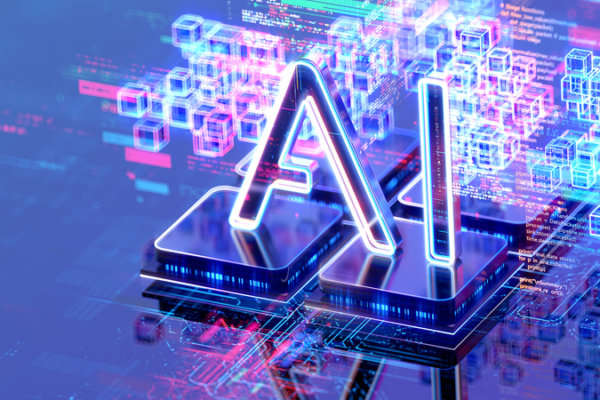
Chinese AI models lead global token usage, surpassing U.S. counterparts for the first time, signaling a shift in AI development trends.
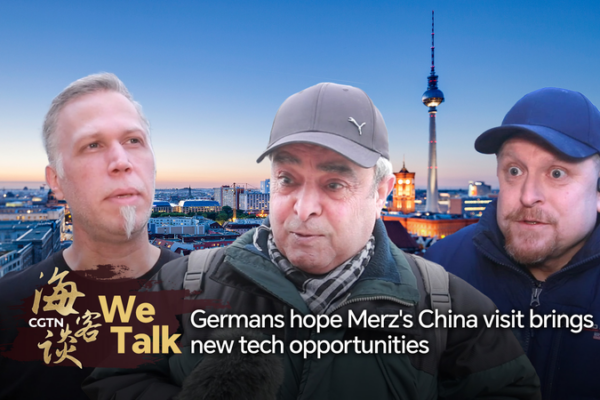
German Chancellor Merz’s 2026 China visit fuels expectations for technological cooperation in AI, automotive innovation, and sustainable industry solutions.

Hong Kong’s 2026-27 budget prioritizes citywide AI adoption, with a new committee to drive industrial integration and public tech literacy.
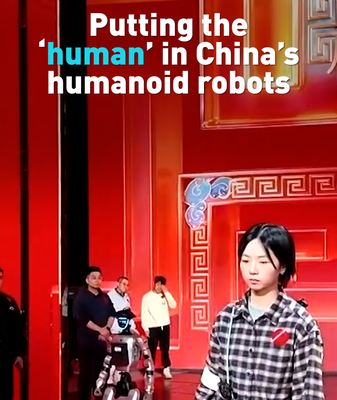
Chinese robotics firms showcased advanced humanoid robots performing precision martial arts at the 2026 Spring Festival Gala, blending cultural tradition with cutting-edge AI technology.

China’s humanoid robots showcased at 2026 Spring Festival Gala demonstrate breakthrough capabilities, signaling transformative applications across industries and new investment opportunities in Asian tech sectors.
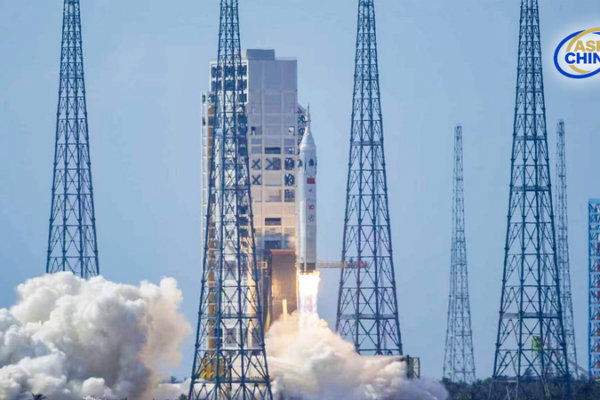
China’s 2026 tech strategy emphasizes coordinated growth across six frontier sectors, aiming to reshape global competitiveness through AI and robotics integration.
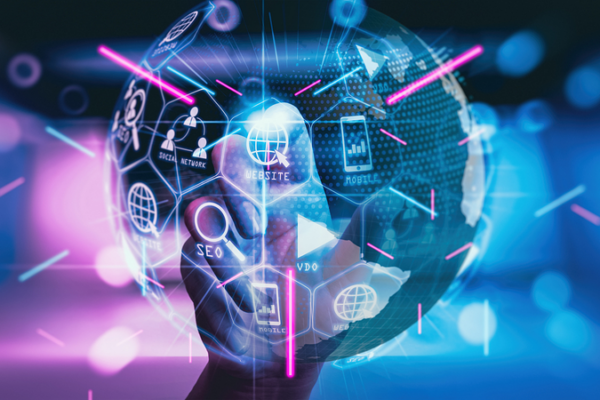
China’s digital services exports surged in 2025, driven by tech giants’ global expansion and AI innovation, reshaping international trade dynamics.

IOC President Kirsty Coventry interacts with Chinese-developed AI at Milan’s Olympic Village tech exhibition, highlighting cross-border innovation for the 2026 Winter Games.
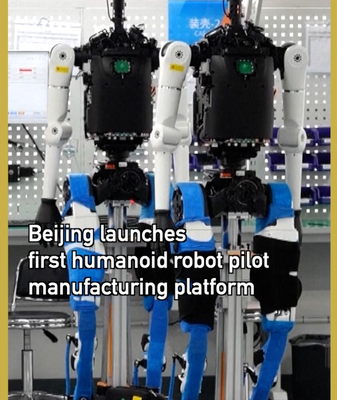
Beijing launches a pioneering platform to advance humanoid robot production, aiming to standardize processes and accelerate industrial adoption by 2026.

Apple reports record iPhone sales in China for Q1 2026, driven by strong demand and strategic pricing, while navigating supply chain challenges and AI partnerships.

Beijing plans 200,000 petaflops computing capacity by 2027 to boost AI development, expanding infrastructure to renewable-rich western regions while implementing energy efficiency measures.

China’s AI+ Action Plan takes center stage at Davos 2026, with 87% of companies boosting investments and cross-sector implementation accelerating across manufacturing, healthcare, and energy systems.

Guizhou Province triples computing capacity in 2025, targets 190 EFLOPS in 2026 as China’s AI hub expands with $3.14B invested.

CES 2026 unveils AI breakthroughs, sustainable tech solutions, and futuristic health devices, signaling major shifts in global consumer electronics and innovation trends.
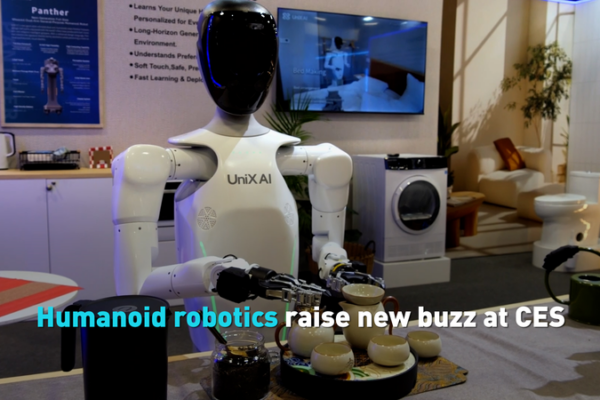
Humanoid robots showcase groundbreaking capabilities at CES 2026, revealing future applications across industries while sparking ethical discussions.

China unveils ambitious plan to secure AI core technologies by 2027, aiming for global leadership in industrial integration and innovation.

Beijing unveils a two-year action plan to build a trillion-yuan AI industry, targeting tech innovation and global leadership by 2028.

Chinese provinces outline 2026-2030 priorities in AI, robotics, and low-altitude economy as the 15th Five-Year Plan approaches, signaling major economic shifts.

China registers over 700 generative AI models and achieves record tech adoption rates, transforming urban and rural development as 14th Five-Year Plan concludes.